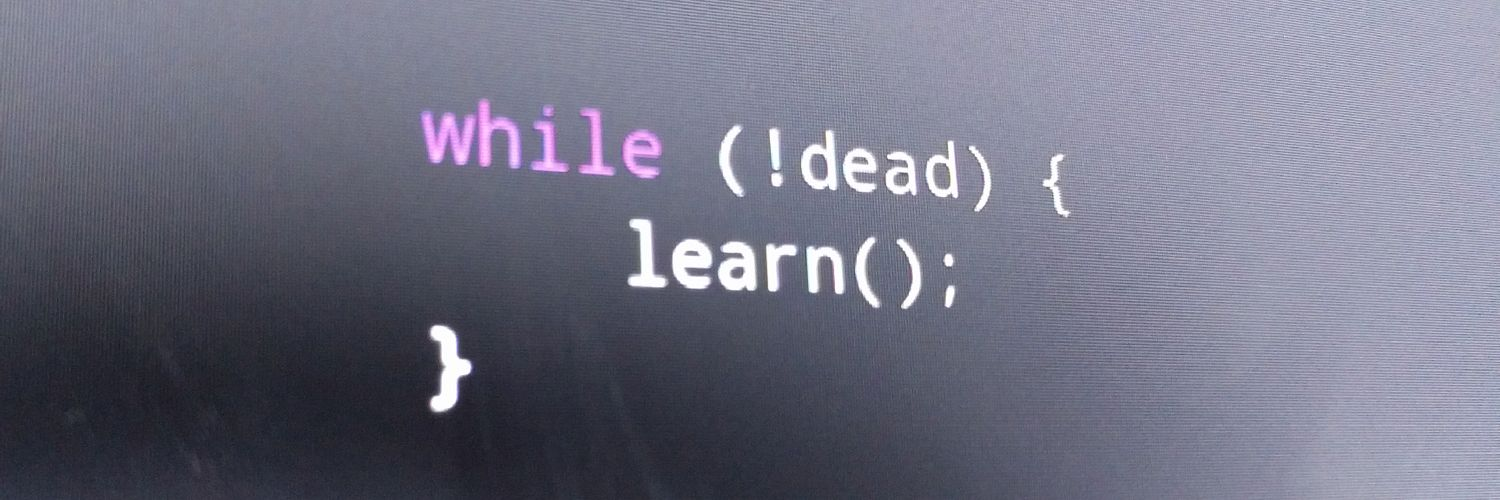Define: Closure
If you're working in a modern programming language, you likely use closures from time to time. It's a fancy sounding word, but the meaning is simple. A closure is a dynamic function defined in some other function's scope and then either returned or passed off to some other function. But specifically, it is a function like that which references variables from the scope of the outer function in which it is defined. One place they are very commonly used today is in event handlers.
Here's a trivial example in JavaScript.
// Somewhere in your code function showModalPrompt(modalOptions) { // show a modal with a message, a dropdown, and ok and cancel buttons } // Somewhere else in your code var options = [ { id: 1, text: 'Email' }, { id: 2, text: 'Phone' }]; $('button#contactMethod').click(function () { showModalPrompt(options); });
As of this writing there are probably three most common uses of closures: DOM event handlers and AJAX callbacks in browser JavaScript, and callbacks in node.js.
The mechanism defines a function that will be called by some other piece of code somewhere else. This function can make use of a piece of information that it doesn't create or fetch on its own, and which the caller has no knowledge of. And yet, this information is also not passed in a parameter. It's carried in by the function, in it's pocket, ready to pull out only at the appropriate time.
So why the funny name? A function that doesn't return anything and doesn't call any other functions encloses its local variables, like a bubble of air. The variables live and die with the function call. But if you define a dynamic function and return that, or hand it off to some other function or object, it forms another bubble. This inner bubble carries with it the bits of information it uses, closing around them as it leaves the safety of the parent function's bubble. This is a closure.
